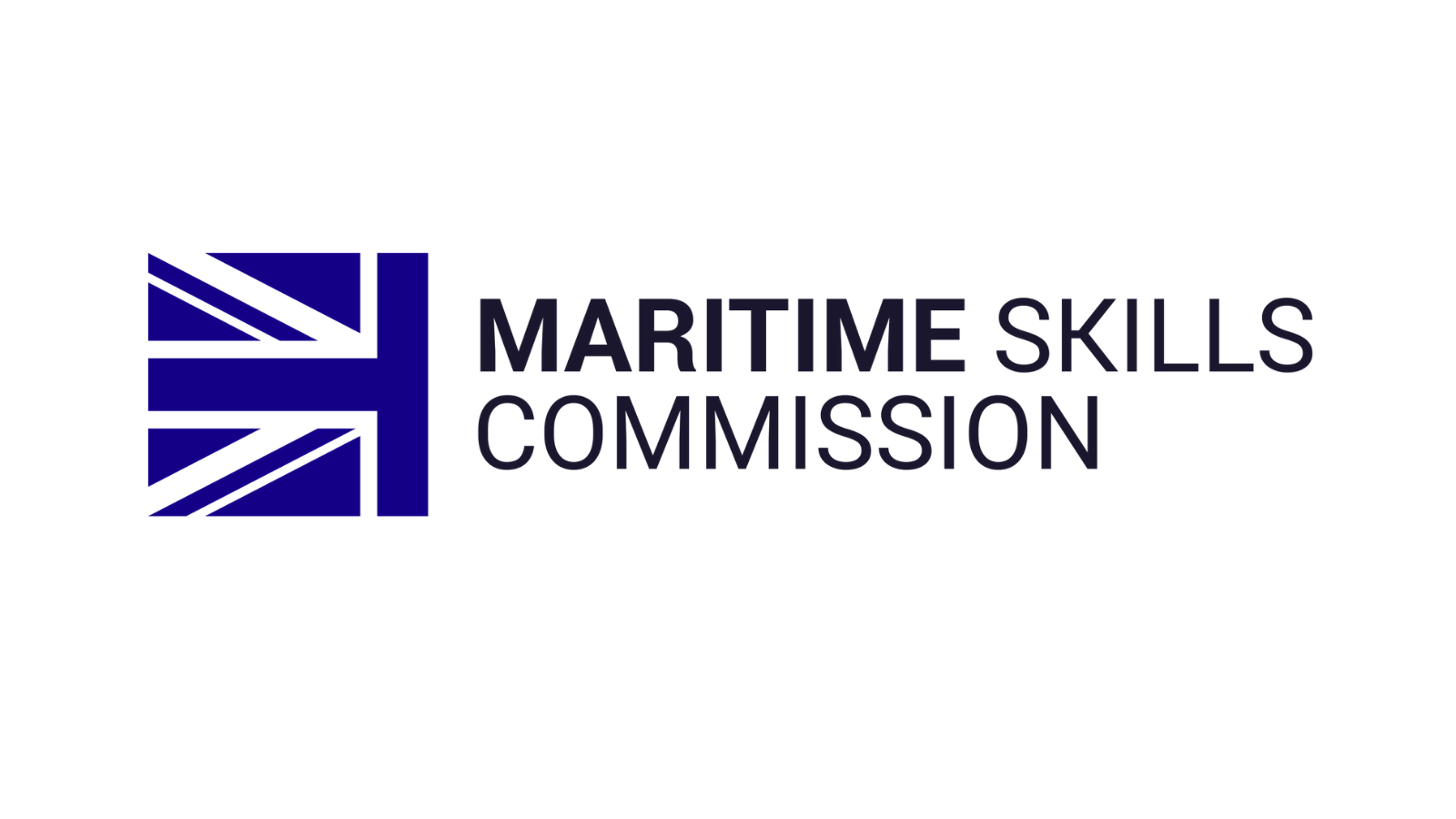News: Maritime Skills Commission publishes first Annual Report

The Maritime Skills Commission (MSC) today publishes its first Annual Report which highlights its work since the inaugural meeting in July 2020. The Commission, chaired by Graham Baldwin, Vice-Chancellor at the University of Central Lancashire, is comprised of industry leaders from across the shipping, ports, engineering, services and leisure marine industries.
The Commission, which has now met three times virtually, released its Scheme of Work and Labour Market Intelligence Scoping Report in September to align with the Maritime Minister’s objectives, which are:
- To understand the skills needs of the sector, including the effects of technological change, and to make recommendations for action
- To ensure that no part of the sector suffers from serious skills shortages or skills gaps
- To ensure that the sector has the apprenticeships and qualifications it needs
- To ensure the sector has the training provision it needs, (including the use of technology to engage learners and keep costs down)
- To provide employers and individuals with clear information about career paths and re-training options
- To ensure that employers have good quality recruits for their vacancies through effective promotion of maritime careers
- To ease exports of maritime education and training
Initial projects in the Scheme of Work include a Seafarer Cadet Review, assessment of UK exports, the use of technology in learning, an understanding of the future port workforce and a flagship skills survey.
The annual report is published a week after the Commission’s first ‘Meet the Commission’ webinar, held during Maritime UK Week. A dedicated online presence has also been established: www.maritimeskillscommission.uk.
The Commission plans to launch its first evidence-gathering workshop in January 2021, where stakeholders from across the sector will be invited to submit data, evidence, and research.
The initial Labour Market Intelligence report found that:
- The only part of the maritime sector with robust evidence of pressing short-term issues which hinder growth is the building side of the marine leisure sector
- The Merchant Navy Cadet programme must be re-evaluated
- Automation requires new skills and recommends that the Commission has a strong idea of what it hopes to achieve by avoiding approaching the topic without focus
- The skills gap in engineering has never been clearly defined and efforts to encourage young people into STEM subjects is not working. It recommends that the Commission must do more to understand this problem.
The Scheme of Work has been established to respond to the LMI findings.
Graham Baldwin, Chair, Maritime Skills Commission said:
“I am delighted to release our first Annual Report for the Maritime Skills Commission which we have presented to the Maritime Minister, Robert Courts MP and the Maritime UK National Council.
“We know that Coronavirus has had a huge impact on the economy, and we applaud the maritime sector for keeping Britain supplied during this time. I am thankful to the Commission, and sector, for their commitment and support since we officially launched on 2 July.”
Harry Theochari, Chair, Maritime UK said:
“I thank the Maritime Skills Commission for getting up and running so efficiently and for laying the foundations for some really important work. Having a robust understanding of what the sector’s skills needs are is critical. The Commission will have an ever more important role to play as we work through the pandemic and consider how and in what way things have changed.“
Robert Courts, Maritime Minister said:
“The success of maritime in the UK is down to the dedication and hard work of the people working in this highly skilled sector.
“This report crystallises our Maritime 2050 vision of enhancing skills across the sector. The Maritime Skills Commission’s work will be crucial to our recovery from Covid-19, and play a vital role in propelling the industry forward.”
